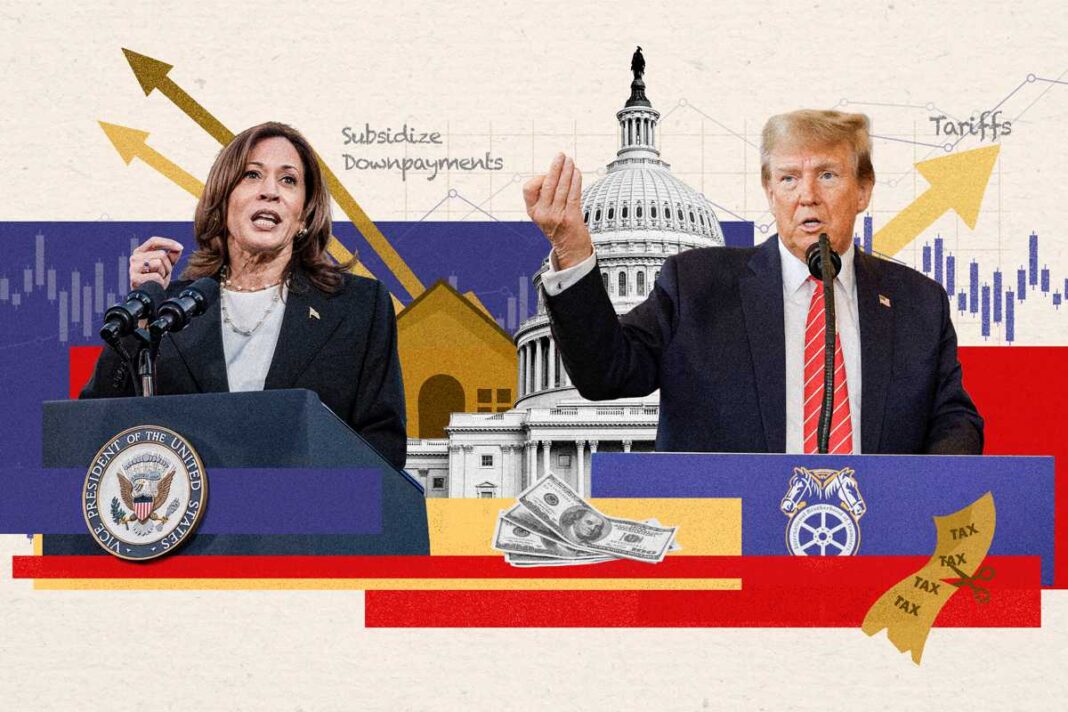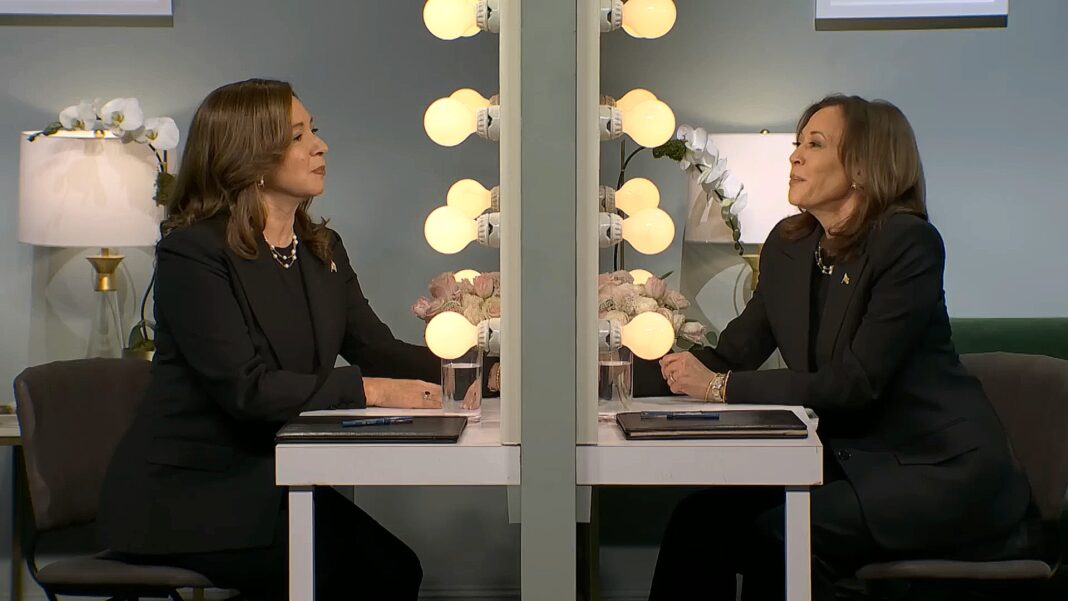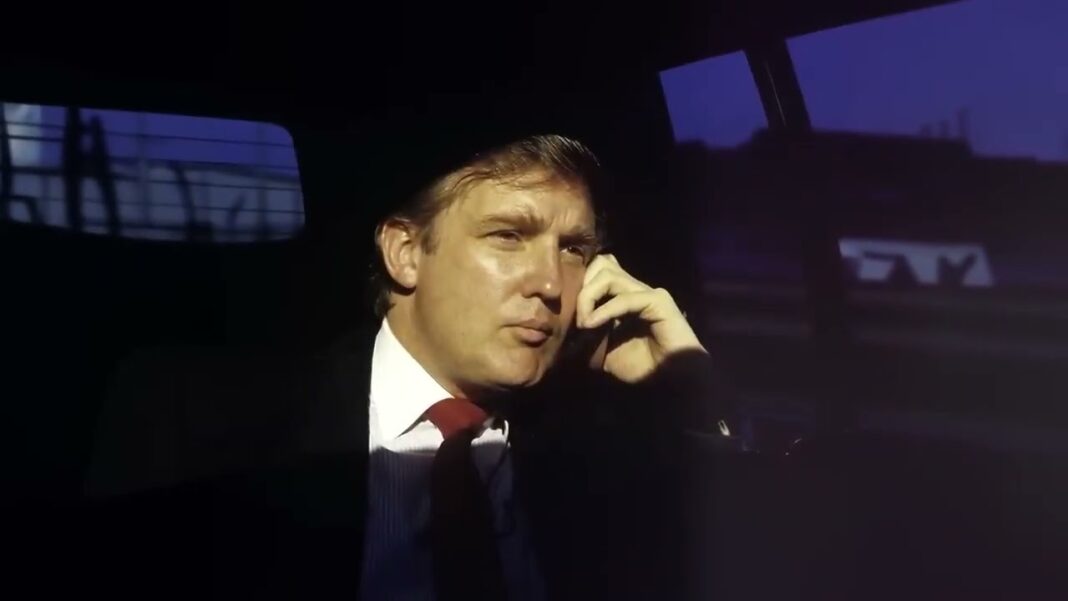Attempts to reinvigorate the economy could cause additional problems, some experts said.
Regardless of who wins the election, the next president likely will have to deal with an economic slowdown next year, several experts told The Epoch Times. The government may try to intervene, but there’s a risk any remedies will cause harm, they said.
On paper, the U.S. economy is chugging along nicely. Unemployment is low, the markets are up, and the gross domestic product (GDP) came in 3 percent above inflation in the second quarter. Third-quarter GDP is expected to climb 2.6 percent above inflation, and median wages increased by nearly 2.5 percent (adjusted for inflation) over the past two years.
Yet, a large proportion of Americans don’t feel like the economy is working well for them.
Only about 21 percent consider business conditions “good”—a far cry from the nearly 40 percent who thought so five years ago, according to Consumer Confidence Index surveys. Self-reported family financial situation has virtually stagnated for the past year, the survey shows. Meanwhile, credit card debt is up about 16 percent over the past two years.
Economic indicators likely won’t remain as encouraging for long, said Lance Roberts, the chief investment strategist at RIA Advisors.
“I think you’re going to start looking at much lower rates of economic growth somewhere sub-2 percent growth as consumers become challenged by making ends meet,” he said.
Steve Hanke, professor of Applied Economics at The Johns Hopkins University in Baltimore, shared a similar concern.
“The economy is running on fumes and is bound to slow down,” he said via email, pointing to the shrinking of money supply in 2022–2023 that has since only partly reversed.
Since the establishment of the Federal Reserve in 1913, “there have only been four such contractions: 1920–21, 1929–33, 1937–38, and 1948–49. Three were associated with recessions, and the 1929–33 contraction resulted in the Great Depression,” Hanke said.
Financial markets should brace for a similar slowdown, according to Adam Taggart, founder of Thoughtful Money, a financial education firm.
In recent weeks, Taggart spoke to more than a dozen market analysts and noticed there’s an unusually wide disagreement on the market direction.
By Petr Svab









